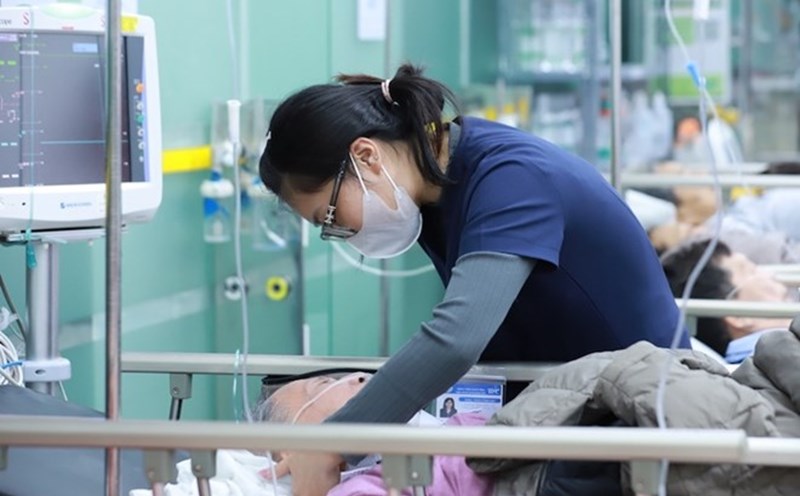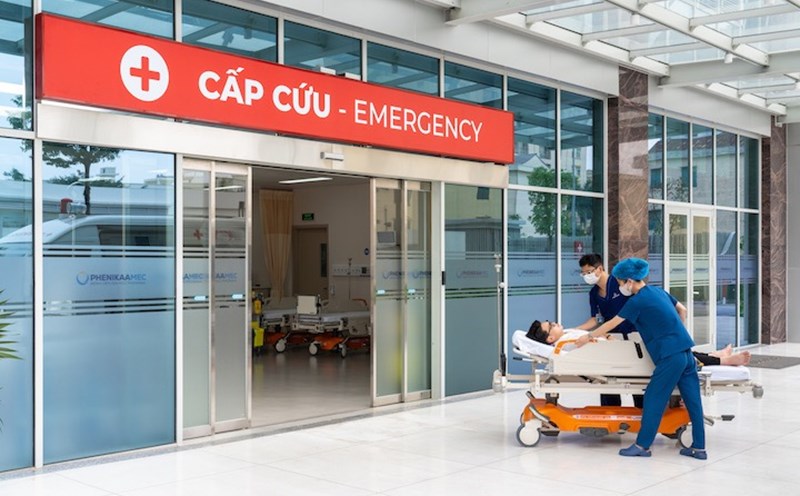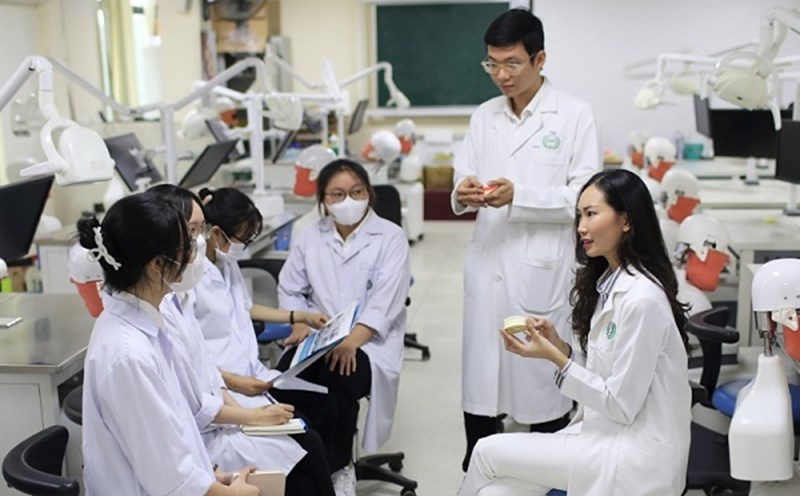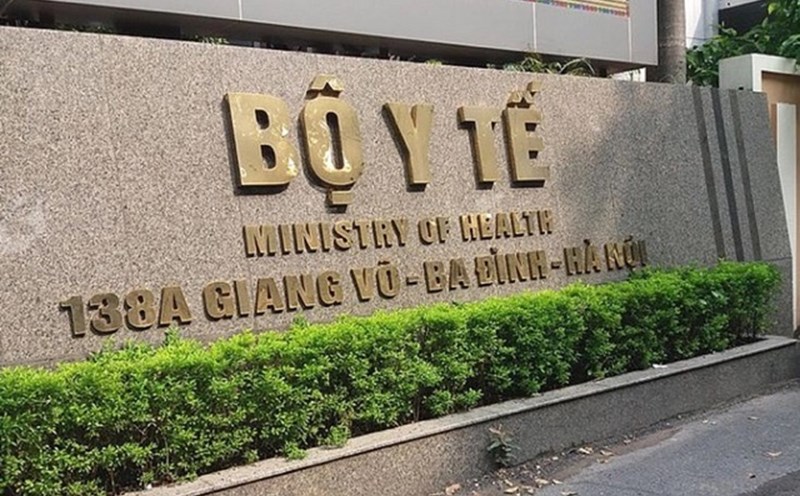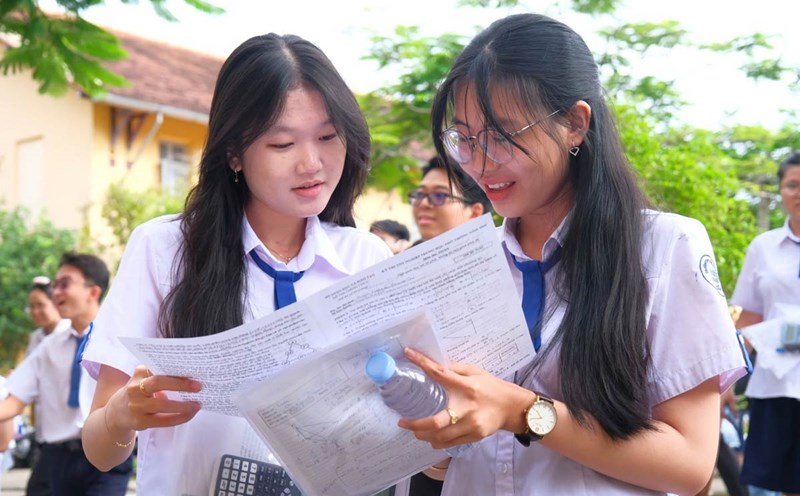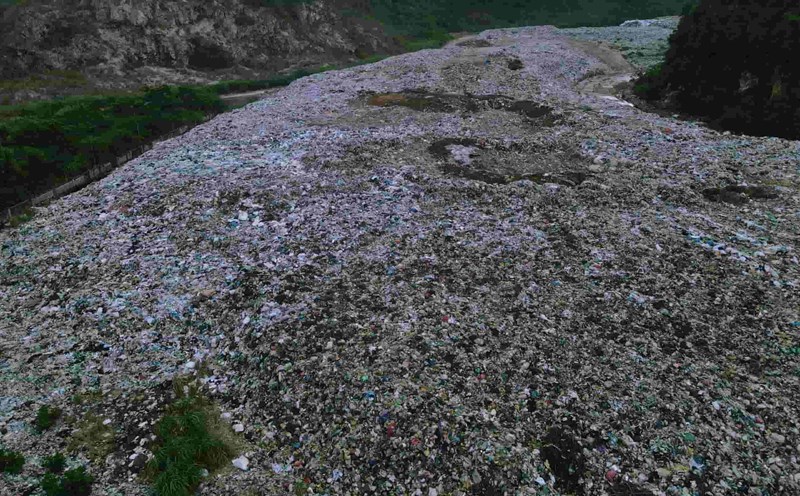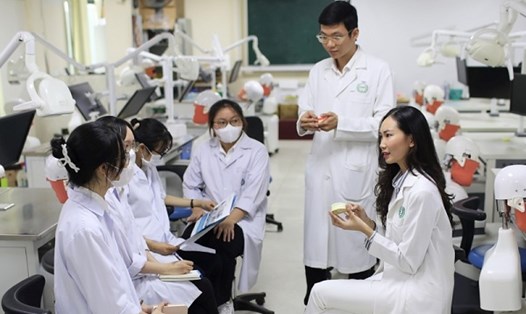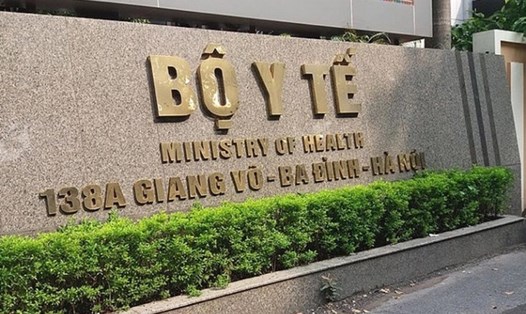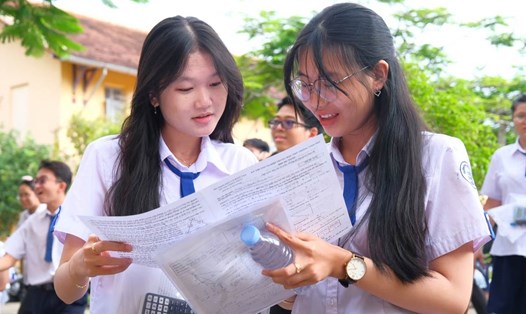Continuing the 10th Session, on the afternoon of October 22, the National Assembly discussed in groups 3 draft laws related to education, including: Law amending and supplementing a number of articles of the Law on Education; Law on Higher Education (amended) and Law on Vocational Education (amended).
At the discussion session, delegate Pham Khanh Phong Lan (HCMC National Assembly delegation) warned of a very common phenomenon of "having too many medical schools and pharmacies".
Ms. Pham Khanh Phong Lan used the word "home" unfairly. Because currently, Vietnam has about 30 universities training in general medicine. In addition, some new schools and private schools that are not specialized in medicine and pharmacy are also licensed to open medical and pharmaceutical departments for training.
In fact, Vietnam has been lacking in medical human resources (currently only about 14 doctors/10,000 people, while the target is 15 doctors and by 2050 is 35 doctors).
However, "houses for medical schools and pharmacies" will provide a lot of medical human resources on the one hand, and on the other hand, also raise many issues worth discussing about the quality of training.
Because medicine and pharmacy are very specific training majors. In addition to academic training ( master's, doctoral), there is also practical training ( inpatient, specialist I, II). But even veducated doctors trained in Vietnam, their masters and doctoral degrees are the mixture of research and practice.
And doctors and nurses who want to practice and practice well cannot be separated from the hospital environment along with the most important "teacher", which is the patient's body. A medical university is always accompanied by one or two hospitals (such as Hue University of Medicine and Pharmacy) for students to practice.
This is something that many universities of medicine and pharmacy and medical schools in private schools are lacking and weak in. Many schools and faculties are training to practice by sending students to hospitals, because they are not "one of their own", students are almost unable to access medical records, not having many opportunities to practice deeply, leading to low efficiency.
The medical and pharmaceutical industry is directly related to human health and life. Mistakes, if coming from doctors and pharmacists who lack capacity, not only cause material damage, but also human life.
Therefore, in the draft Law on Education (amended), the Ministry of Education and Training (MOET) does not have no reason to stipulate pre-inspection for the pharmaceutical training program to tighten training to improve quality.
By adding a regulation, the Minister of Education and Training will regulate the number of enrollments as well as the threshold to ensure input quality (landing point) to avoid the situation of "sweeping" candidates.
However, tightening the number of entries, if it becomes a reality, is still a part of tightening the tops. In the main part, we must pay attention to tightening training conditions and training quality to ensure the "option" best meets the requirements of society. As proposed by delegate Pham Khanh Phong Lan, there should be a plan to ensure quality as well as management work.
To train in the medical and pharmaceutical industry, it is necessary to meet the necessary conditions, not only the teaching staff, but also the facilities, especially the forestry practice facility.

